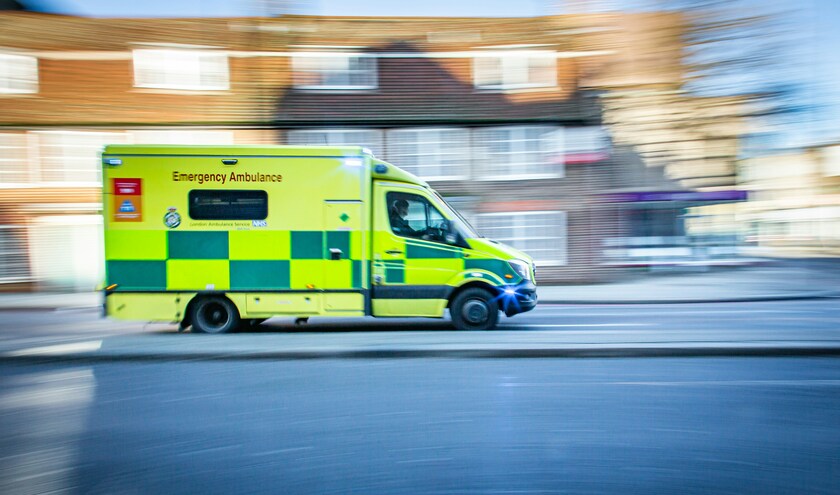LAS attended over 16,000 Category I calls, including serious injuries and illnesses such as cardiac arrests, with 999 calls at 92% of demand seen at the peak of the Covid pandemic in March 2020. The upward trajectory continued in the first week of January with calls 20% higher than last year.
The high number of 999 calls was driven by a combination of factors, including respiratory and gastrointestinal viruses, cold weather and festive celebrations.
LAS has agreed a Winter Plan with hospitals and partners across the capital to try and meet exceptional demand, including increasing ambulance numbers on the streets and staff in control rooms by over 10%, raising the number of clinicians able to treat people over the phone and offering smoother access to local non-A&E services.
Daniel Elkeles, chief executive of London Ambulance Service, said: ‘This winter is proving to be extraordinarily challenging. However, I want to assure the public that despite significant increases in demand to levels last seen during the pandemic, we are doing all we can to care for London. We have redoubled our efforts on performance to ensure we reached our sickest patients and answered 999 calls more quickly this year than last year due to three changes.'
Elkeles acknowledged that response times were ‘not good enough', however, and apologised to patients waiting too long.
‘We will continue to work together with our partners around London to get the best possible care to patients over the winter months and improve our performance this year,' he said.



